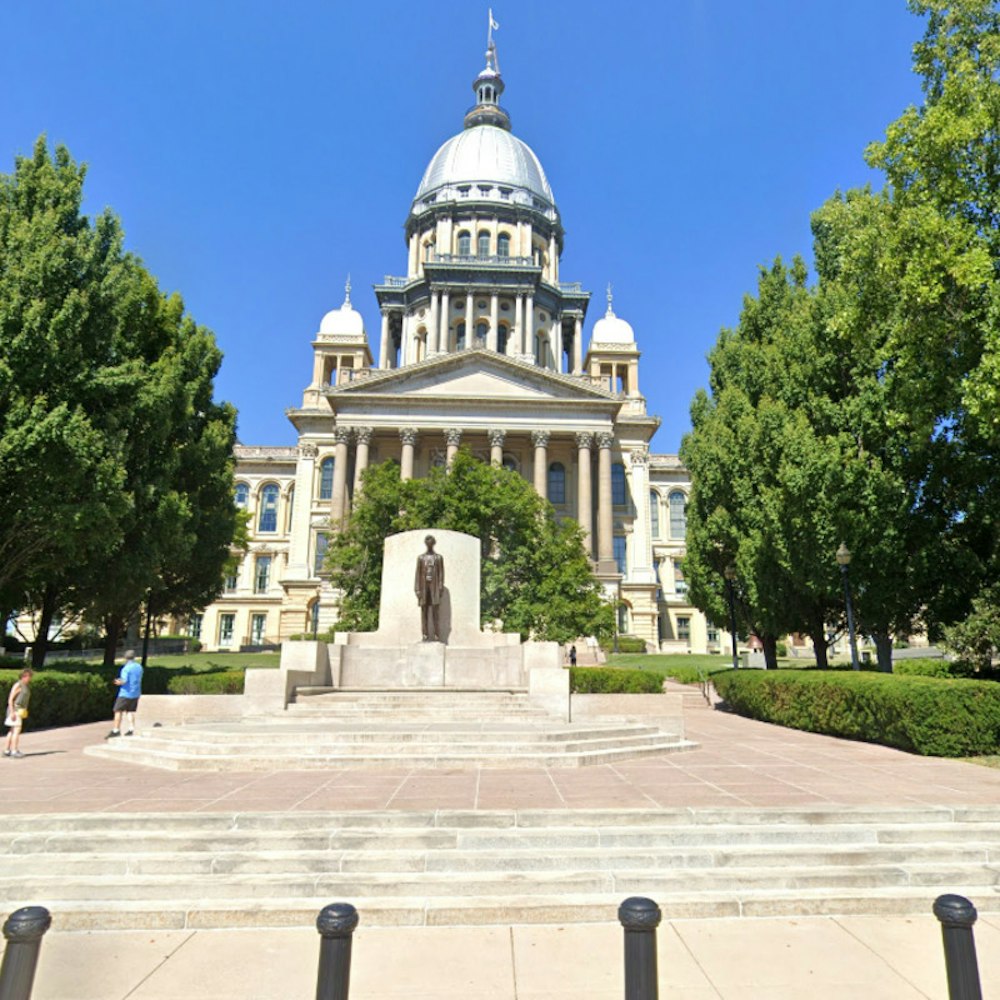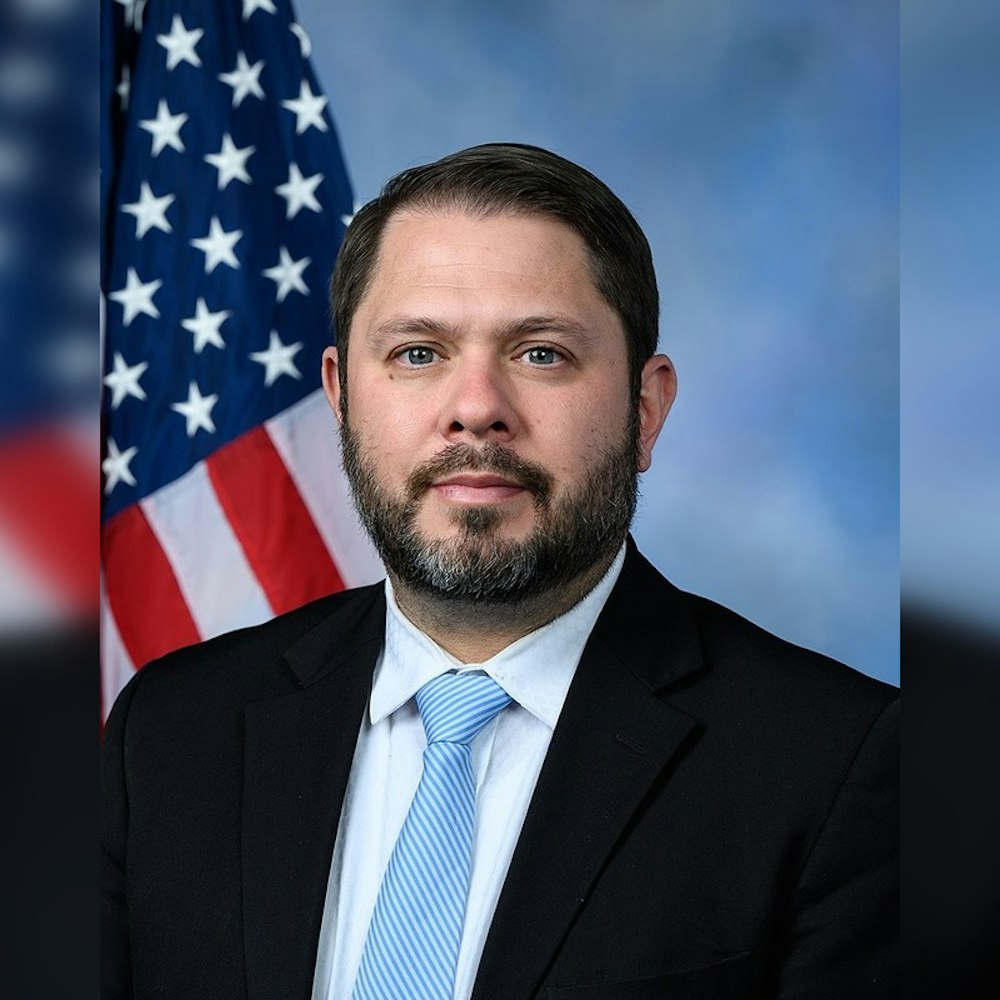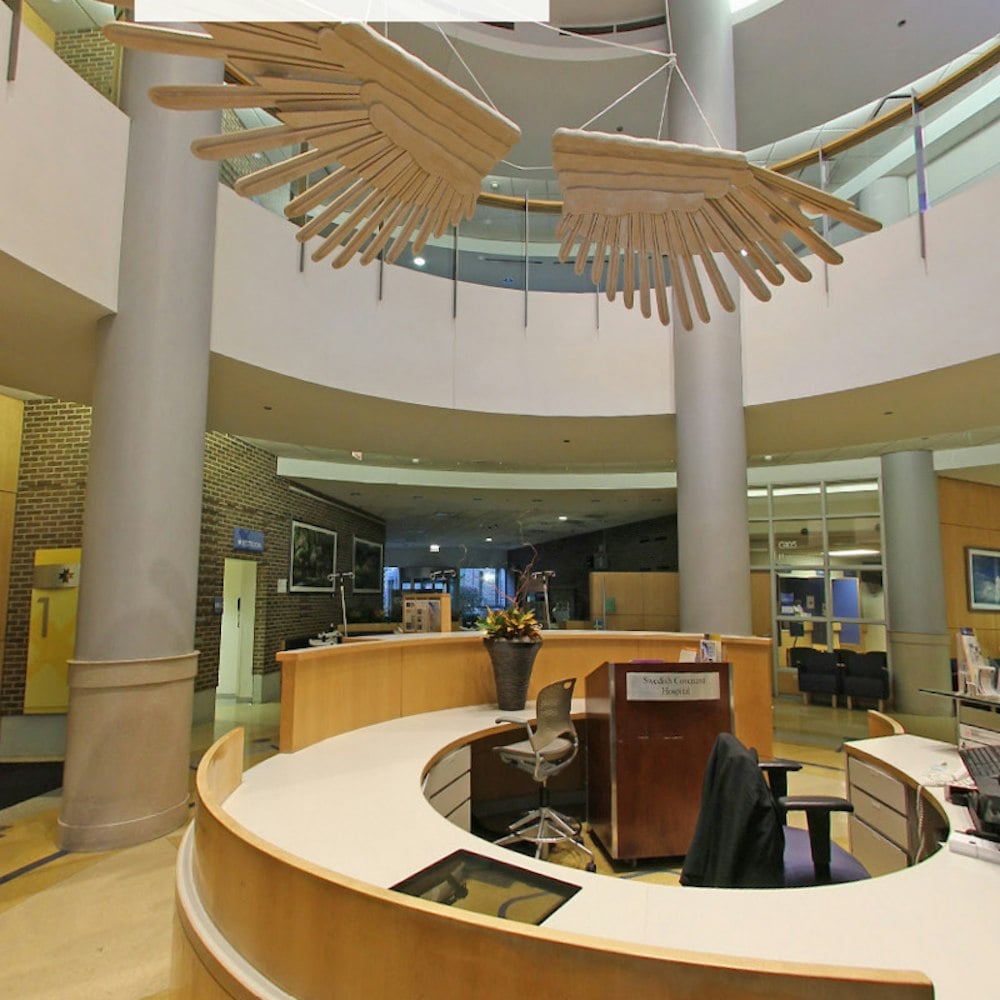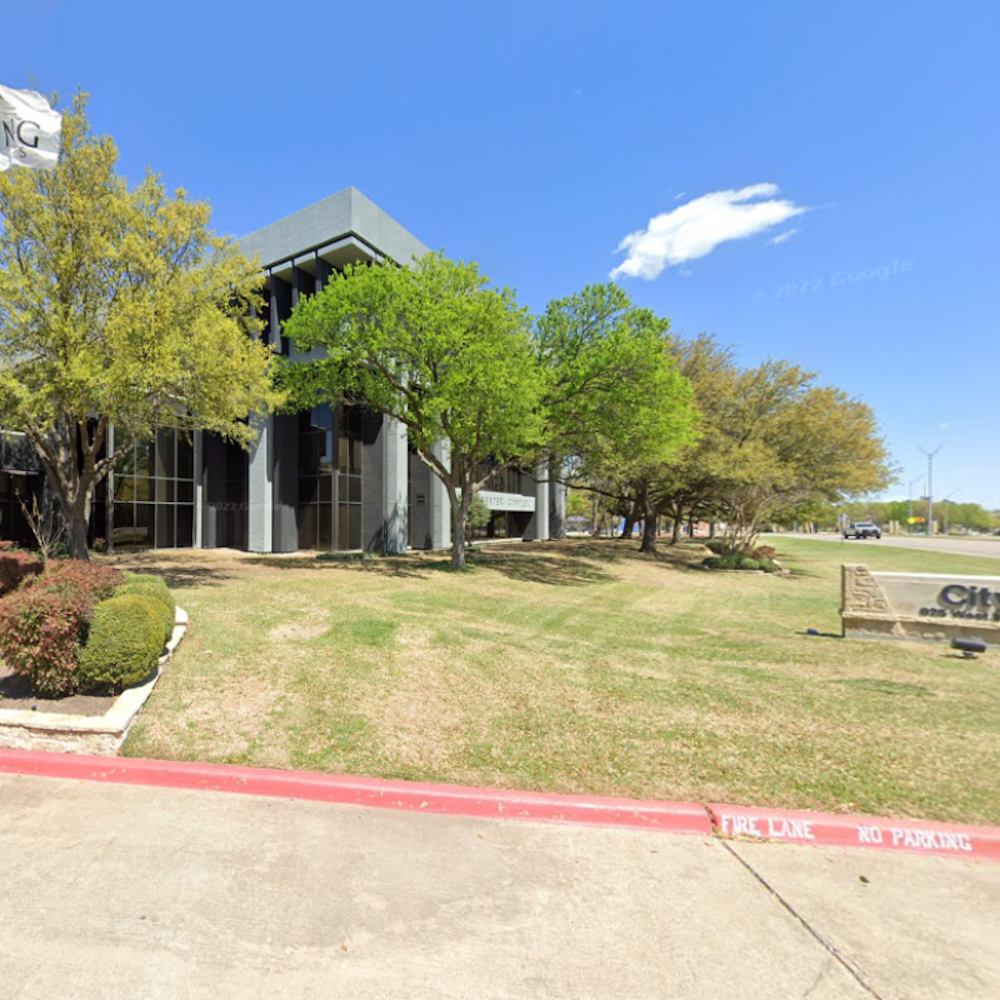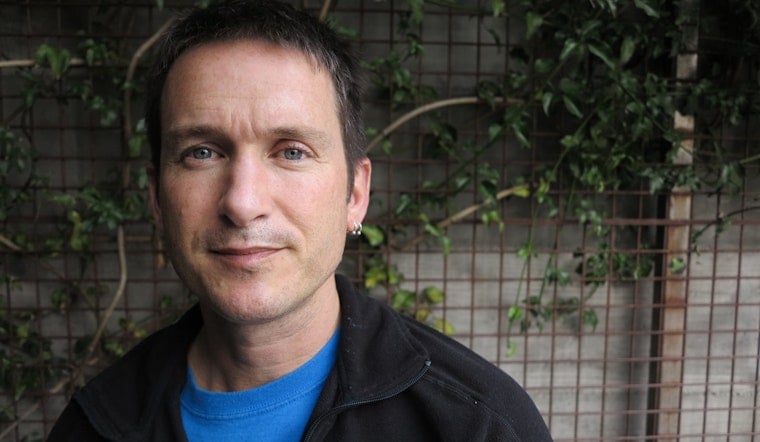
When Darren Main took over the Yoga on the Labyrinth program at Grace Cathedral, it was a relatively small weekly affair attended by 20 or so people, mostly from the immediate church community.
Seven years later, Main's Tuesday night practice has since exploded into what is now one of the largest yoga classes in the world, with anywhere from 500 to 800 people in attendance each week.
Main has developed an equally big following in the yoga community. He's the author of several books, including Yoga and the Path of the Urban Mystic, which is now in its fourth edition and is often required reading in many yoga teacher training programs.
We caught up with Main the other day to get his perspective on teaching yoga to such massive numbers of people, against the backdrop of a well-known (and historically progressive) Christian institution.
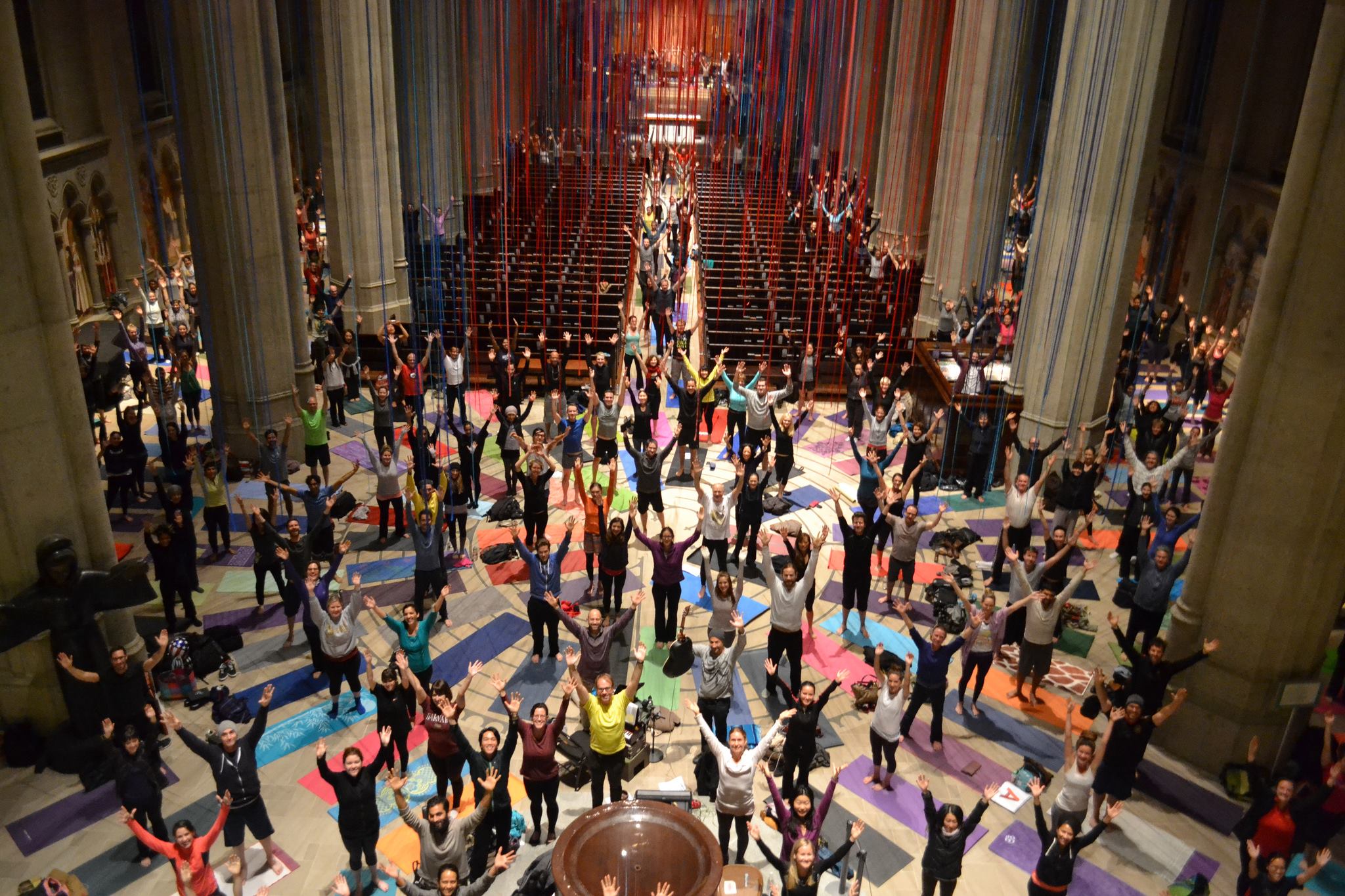
Photo: Grace Cathedral/Facebook
Where are you from, and how did you get here?
I grew up in Mystic, Connecticut. I went to college in New England, and then I went to a yoga ashram in New England. From there, I sort of got this feeling that I needed to be in Montana—which was a good thing, but a short-lived thing. After that, I moved here. That was almost 21 years ago.
What brought you to yoga in the first place?
I got clean and sober when I was 17, and my sponsor told me to either find a higher power, or find a new sponsor. I didn't feel particularly comfortable with Catholicism or any brand of Christianity, given my past experiences. So I was looking around for something that was not that. I talked to my mom about yoga, and she freaked out. So I thought, 'That's it! Mom freaks out, and it makes my sponsor happy. I'm down.'
For me, dealing with addiction and coming out as a gay man in a small town, there was a lot of body shame—from a religious end, as well as from society in a broader sense. I was drawn to yoga because it's so welcoming and celebratory of the body, and it sees the body as something sacred, to be present toward and non-judgmental about. It was profoundly healing for me.
How do you incorporate that into Yoga on the Labyrinth?
Well, that definitely extends to the yoga program, this idea that the body is something to be celebrated. Yoga on the Labyrinth isn't religion-based, and no one is asked to believe anything, but there is that sense that the body is beautiful and sacred and should be celebrated instead of abused by our diets, or our own internal dialogue, or abused by what other others tell us, whether it's a fashion magazine or a religion or whatever. We're sort of trying to counter that, which is pretty radical, considering that churches are a hotbed of body shame.
That's an interesting dichotomy, since you teach in a church. What makes Grace Cathedral different?
Well, the obvious thing is that it's big and beautiful and architecturally stunning. But beyond that, Grace Cathedral is the hub for a lot of religious-based social change. Now, we look at things like interracial marriage as a no-brainer, but back in the day, they were one of the first churches to welcome that. Same goes for ordaining women, recognizing gay and lesbian unions, ordaining gays and lesbians, welcoming the transgender community ... all these things that we now see as 'of course,' they were doing before it was popular.
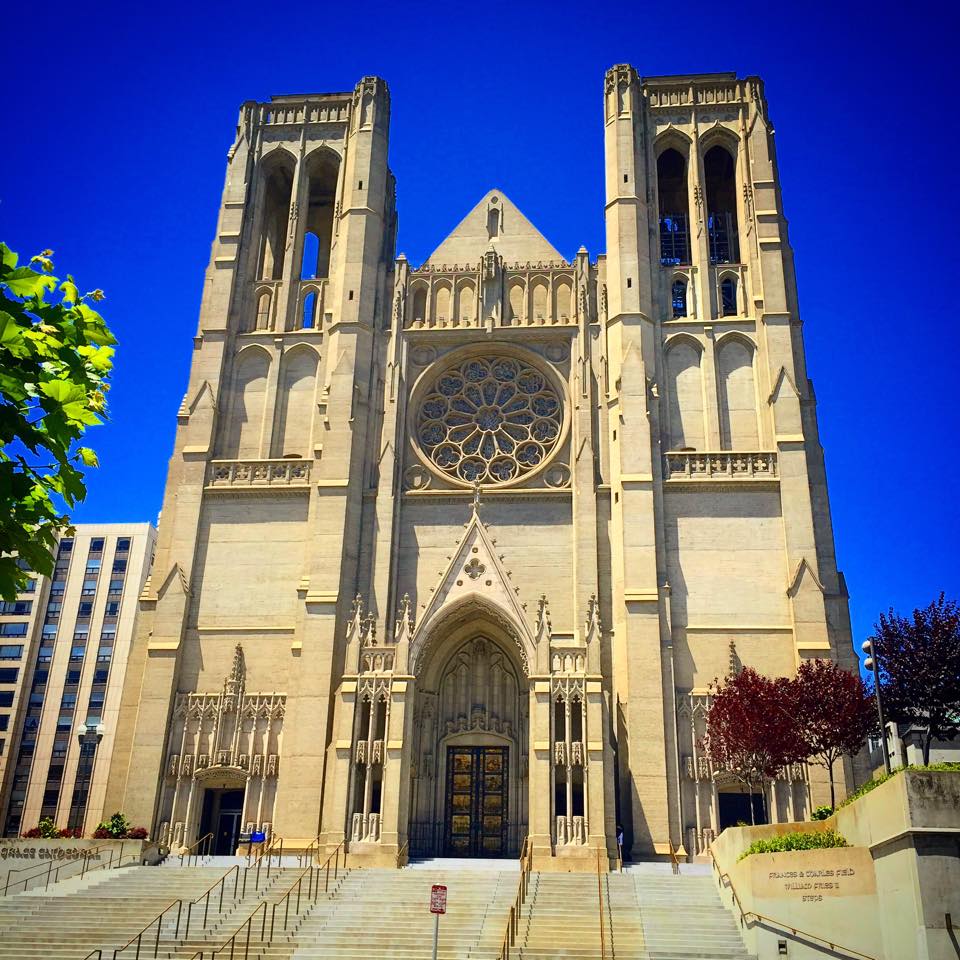
Photo: Grace Cathedral/Facebook
Have you ever come under scrutiny by religious groups as a result of the yoga program at Grace Cathedral?
All the time.
What does that sound like on their end, and how do you deal with that?
It's often really subtle things, like a tourist from a more conservative Christian background wandering in and making comments to one of the assistants during a class. I also get hate mail sometimes. But I just don't get it. If you don't like it, then go to a different church!
For the most part, though, people really like it. I'm contacted all the time by Christian ministers and rabbis and religious leaders and members of congregations who are really curious about the program.
Do you think the practices of Sunday worship and yoga intersect somewhere?
Well, in my opinion—and I'm not speaking for the cathedral here—I think that a lot of the essence of Christianity was body-centric. The original Christian teachings were not shaming the body, they were celebrating it. And the ancient Hebrews were certainly very body-aware, so I don't think there's any real conflict there.
I think many of the people who come to yoga identify as Christian and go to church, whether it's Grace Cathedral or another church on Sunday. Many don't, of course, but for those that do, a lot of them find that it adds a new dimension to their faith. It doesn't take away from their faith—they have no interest in converting to Hinduism or anything. It just helps them to gain a different perspective on something that they hold very dear. Likewise for people who are Jewish or Hindu or Buddhist. I think that yoga is very eclectic. It doesn't ask you to change your beliefs, just to view them from a more calm and centered place.
If you look at religious dogma, there is a world of difference between Buddhism, Hinduism, Islam, Christianity, Judaism and so on. But if you look at the mystical branches of those traditions, they're all pretty much saying the same thing. They're using different vocabulary, but they're all describing having these heightened, ecstatic states of the divine.
I think that yoga is a mystical tradition; there isn't a dogma associated with it. One can be atheist, agnostic, Jewish, Christian, Muslim, whatever, and it works. It's like gravity. You can believe in gravity or not, but if you jump off the Golden Gate Bridge, you're going for a swim. So yoga works for everyone, and it doesn't require that you believe in it for it to work. On that front, Christianity is different than yoga, but I think that Christian mystics and yogis would agree on almost everything.
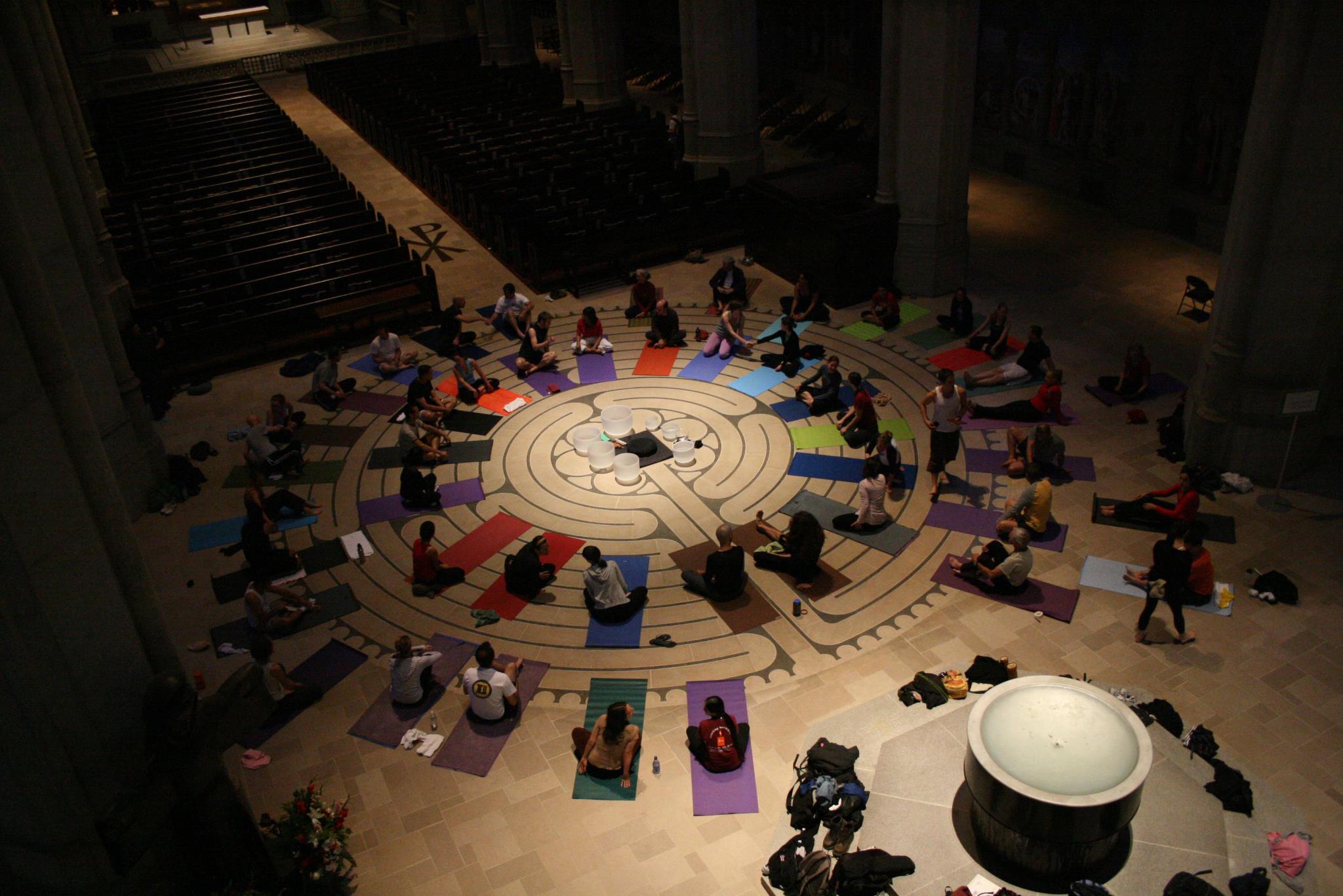
Photo: Grace Cathedral/Facebook
As the instructor of one of the largest yoga classes in the world, do you feel a greater sense of responsibility than you would if you were only teaching a room of 20 people?
I think the more prominent a person is in any profession, the more responsibility they have to represent that profession well. I think anybody in any profession needs to behave themselves and act ethically. But I think when somebody who is well-known in that given field does something unseemly—if they screw their students or cheat them out of money, like so many gurus and prominent yoga teachers and televangelists have done—I think it's even more problematic.
It pees in the well water, so to speak. It makes casual observers think that everybody in that profession is unethical. So I take it pretty seriously. I've always taken yoga ethics pretty seriously, but now that I've got a microphone, I think it's doubly important. People look at you and they think, 'Wow, yoga's great. This guy is really a decent human being.' Or, 'Yoga's awful, because this guy's clearly a jackass.'
What's on the horizon for Yoga in the Labyrinth?
Well, this community has grown so rapidly, which is an honor. But unlike a smaller yoga class, where you really get to interact with the students and support them in a more intimate way, you can't even see everybody, and it's kind of hard to hold that intimate space. So we're starting a program, which is right now loosely termed 'Yoga Share.' It will be right after the yoga class, and everyone who wants to will be invited to stick around. Sometimes it will just be an informal gathering, where we just check in with people and see how we can support them and maybe reflect on the theme for the night. Very casual, not like psychotherapy or self-help or anything; just a time to share.
We are also bringing in speakers, including a couple of swamis from India coming in over the next couple months. Basically, we're just bringing in things to complement what people are learning in the yoga class. It will be all donation-based, just like the class itself. We want everything to be accessible to as many people as possible, regardless of the money in their pocket. We trust that people will be generous when they can.
Yoga in the Labyrinth at Grace Cathedral happens each Tuesday from 6:15pm to 7:30pm. Admission is free, but donations between $10 and $20 are encouraged. Due to the class' popularity, attendees are encouraged to arrive before 6pm.

